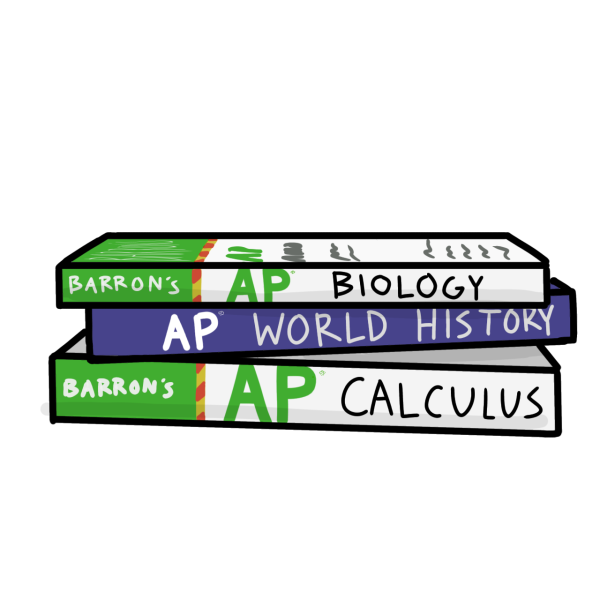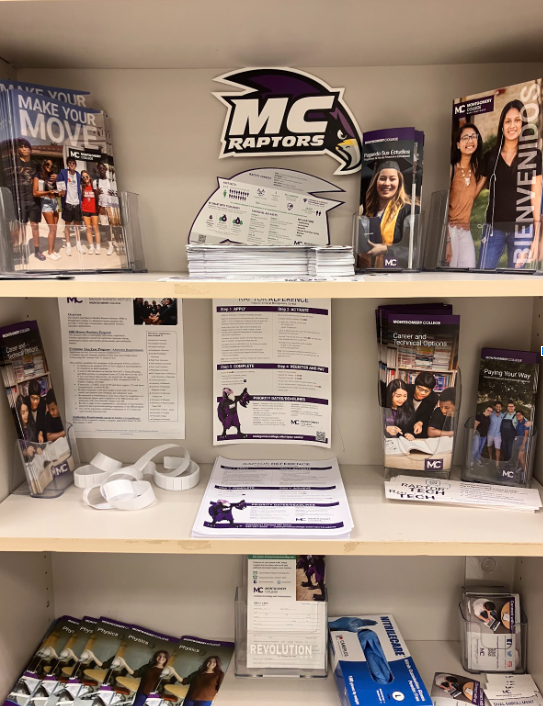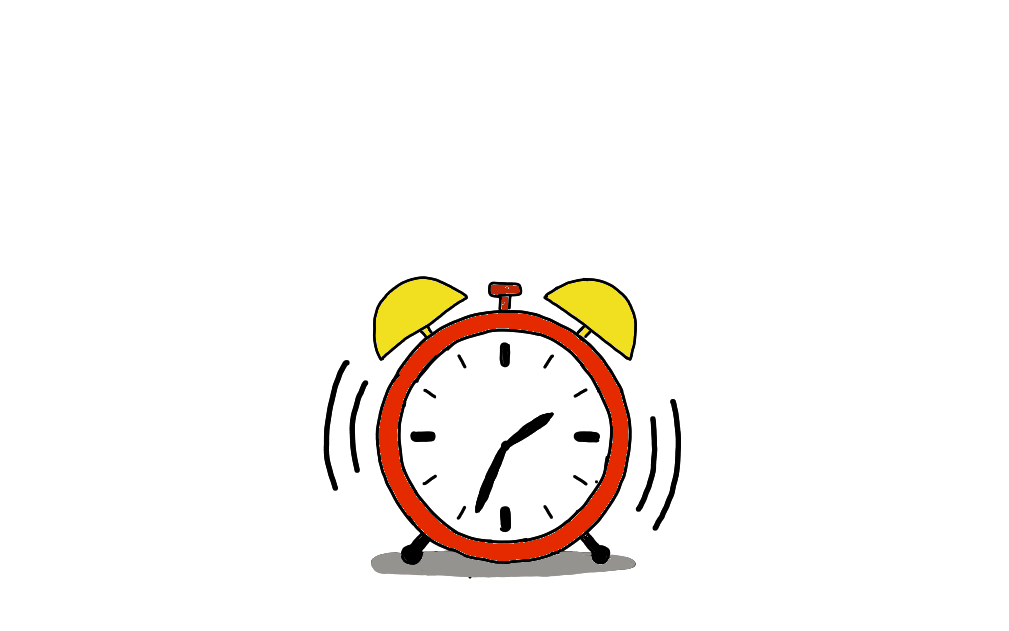Spring has officially begun, and so have the showers, flowers, allergies and what all students look forward to, spring break. Spring break is often seen as a time to relax, recharge and take a break from the pressures of school. But, there is always that lovely surprise looming around the corner, AP season. For all students preparing for AP exams, this break is a valuable opportunity that they need to utilize in order to get ahead in preparing for the upcoming exam season.
“Spring break is the perfect time to recharge while still staying on top of AP prep. I’d spend a couple of hours each day reviewing key concepts or taking practice tests,” said freshman Sarah Boumari. With no classes, assignments or extracurricular activities competing for attention, the break offers pivotal time to review and reinforce information. It also gives those students who have been slacking all year a chance to focus and study towards their final exams. This guide breaks down what steps students should take and how they can maximize their time around and during spring break when there are only a few weeks left.
1. Build a study plan
Creating a study plan is the most important part of preparing for AP exams as a good plan lays the foundation for success. During spring break, students must begin with taking the time to organize their study material, break it down into manageable tasks and create a timetable to cover everything they need. To create these study plans, students should separate their curriculum into the different units, which can be found on AP Classroom, and determine how much time they require to spend on each unit. Since AP Classroom provides reading/videos and shows what percentage of the exam is built upon each unit, it is one of the best tools to use in order to understand where to adequately divide study time. “I always recommend that students set aside specific chunks of time during that week [spring break] in amounts that they know that they can commit to using constructively. It is also helpful to work with partners or a small group to pool resources and to help each other with more challenging content,” NSL and AP Government teacher William Vicari said.
2. Review old material

After students build a consistent study plan, the next step is setting aside at least 15-30 minutes each day to review any previous material from their classes that their teacher has already taught throughout the year. For example, students can use strategies such as mind maps, blurting, the Feynman Technique and the Cornell note taking system. Mind maps are used to make connections for overall topics, and are helpful when initially beginning to study. The Feynman Technique essentially involves teaching someone else, which can be useful to ingrain and thoroughly drill concepts. Finally, the Cornell note-taking system involves summarizing major topics and creating cues/questions to aid in retaining information. By requiring active recall techniques, these methods are far better than passive techniques such as re-reading notes or textbooks.
3. Start learning new/weak material
After students review everything that has been learned in class and have identified their strong/weak areas, they should begin learning new material and reviewing weak points. This applies if a teacher hasn’t covered or reviewed some topics. When learning information for the first time, AP Classroom videos cover the needed material along with multiple YouTube channels that break down each part of the exam clearly and concisely. Additionally, review textbooks such as the Princeton Review and Barrons are excellent ways to find condensed information on all exam content (and they include practice tests as well). While a bit on the pricey side, these books are especially useful for students who may be self-studying for an exam or are really struggling to (re)learn content.
4. Take practice tests
After students have a thorough review of all the material, they should begin taking practice tests to apply their knowledge. Practice tests can be used as diagnostic tools to indicate what concepts are still confusing, as well as what kinds of questions (multiple choice, short answers, or long answers) tend to be more challenging. It’s important to take practice tests under similar conditions to the actual AP exam to ensure that their scores create a reflection of what to expect on test day. Additionally, students can practice test-taking skills and work through previous years’ test questions to identify common patterns and become more familiar with the format of the test. Learning how to pace oneself is often a skill that can be just as important as knowing the material itself in such high-pressure situations.
5. Find a balance

While it’s crucial to study during spring break, it is also important to maintain a healthy balance between studying and relaxation. “The best way to spend spring break before AP season is to just relax … Definitely just savor those moments where you don’t have to go to school and do things that make you happy,” freshman Abigail Marlowe said.
Students can create a flexible study schedule that allows for adequate rest and downtime. Spring break is meant to be a break, so students should not overwork themselves to the point of burnout. Setting aside time for self-care, socializing and engaging in stress-relieving activities will ensure that students are refreshed when they return to their study routine. “If you maintain a good balance between studying and relaxing, your spring break will be very productive and you will be prepared in all aspects for your AP season, ” freshman Silvia Choi said.
By strategically using spring break for focused study, students can reduce stress, build solid study habits and boost their test-taking skills. Success on the AP exams can further students in developing valuable skills that will benefit them throughout their academic careers. Although this guide can’t guarantee a five on the exam, it will ensure that you enter AP season ready and confident.
If you would like to voice your opinion on an issue you feel is relevant to our community, please do so here. Anyone is able and welcome to submit a Letter to the Editor, regardless of journalistic experience or writing skills. Submissions may be published either online or in a print issue.








